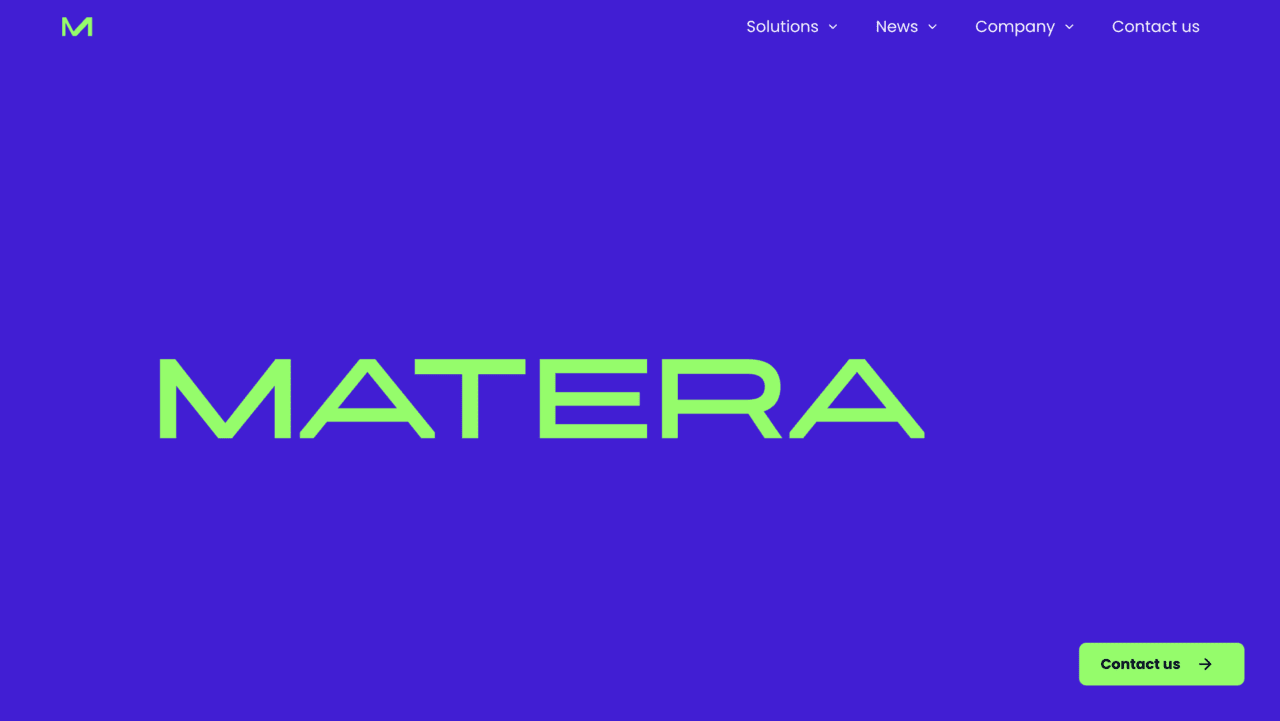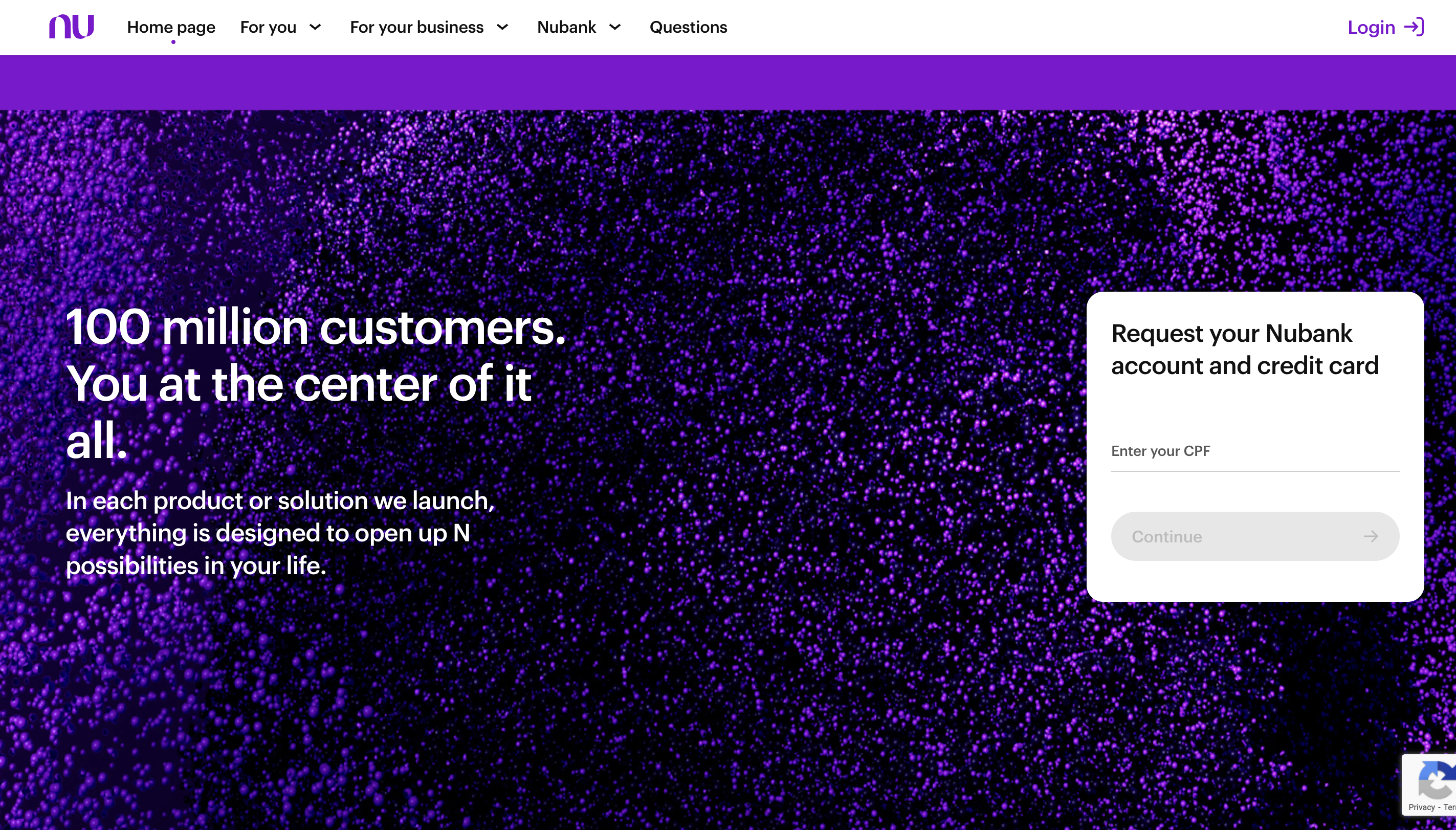
A partnership between Featurespace and OrboGraph will help banks and other financial services companies defend themselves against check fraud.
“OrboGraph’s expertise in check fraud detection perfectly complements our expertise and, together, we can offer a powerful tool that seamlessly integrates check image display functionality and common check risk data sources,” Featurespace President of Americas Carolyn Homberger said.
Many consumers, especially younger consumers, have abandoned paper checks. In fact, some analysis suggests that paper checks represent less than 5% of transactions in the U.S. as of 2022 (compared to 17% for cash and more than 31% for credit and charge cards). At the same time, that relatively modest amount of paper check writing still amounts to $27 trillion in value. It is also worth noting that while paper checks have become less common in consumer transactions, paper checks are still used in nearly half of all B2B payments according to Paystand.
This means that there is an ample opportunity for fraudsters. In fact, the Financial Crimes Enforcement Network (FinCEN) has reported that check fraud is becoming increasingly prevalent and, as of 2023, represents more than a third of all fraud at depository institutions.
To this end, the integration of Featurespace’s financial crime prevention technology with OrboGraph’s check processing automation and fraud detection software and services will enhance detection of fraudulent checks and reduce the number of false positives for banks and financial institutions in the U.K.
“Check fraud is a growing and concerning area of financial crime – we know banks and financial institutions are experiencing a rise in reports and are in need of more advanced tools that can tackle the issue,” OrboGraph CEO Barry Cohen said. “Combining our expertise with Featurespace will enable us to deliver a more robust and comprehensive fraud detection solution, helping financial institutions to stay ahead of increasingly sophisticated check fraud schemes.”
Founded in 2016 and headquartered in Cambridge, U.K., Featurespace made its Finovate debut at FinovateEurope 2016. The company returned to the Finovate stage later that year to demo its technology at FinovateFall in New York. Today, the company processes more than 50 billion events a year, and protects 500 million customers in 180+ countries from fraud risk. Featurespace’s signature solution, its ARIC Risk Hub, leverages Adaptive Behavioral Analytics and Automated Deep Behavioral Networks to model and predict individual behavior in real-time to enhance fraud prevention and anti-money laundering efforts.
This spring, Featurespace forged a partnership with The Knoble, an alliance of financial services professionals, regulators, and law enforcement that focuses on crimes such as human trafficking and elder financial exploitation. In May, the company announced the results of a pilot project with Pay.UK designed to defend consumers from Authorized Push Payment (APP) fraud. Featurespace’s proof of concept detected more than $178 million (£138 million) in fraud with a 5:1 false positive ratio. Applying its Generative AI solution TalllierLTM enabled Featurespace to boost its fraud detection rates to 56%, identifying an additional $51 million (£40 million) in fraud.
“Fraud is the single largest crime in the U.K. It accounts for 40% of all crime and contributes to £2.3 billion in losses annually,” Featurespace CEO Martina King said. “But the UK is leading the charge to tackle this issue and the game-changing pilot with Pay.UK is one that the world has been watching. It shows the immense power of collaboration and technology, and the scale of positive change that is possible when the payments industry works together to tackle fraudulent activity.”
Featurespace has raised more than $108 million in funding according to Crunchbase. The company’s investors include Chrysalis Investments, MissionOG, and Insight Partners.













